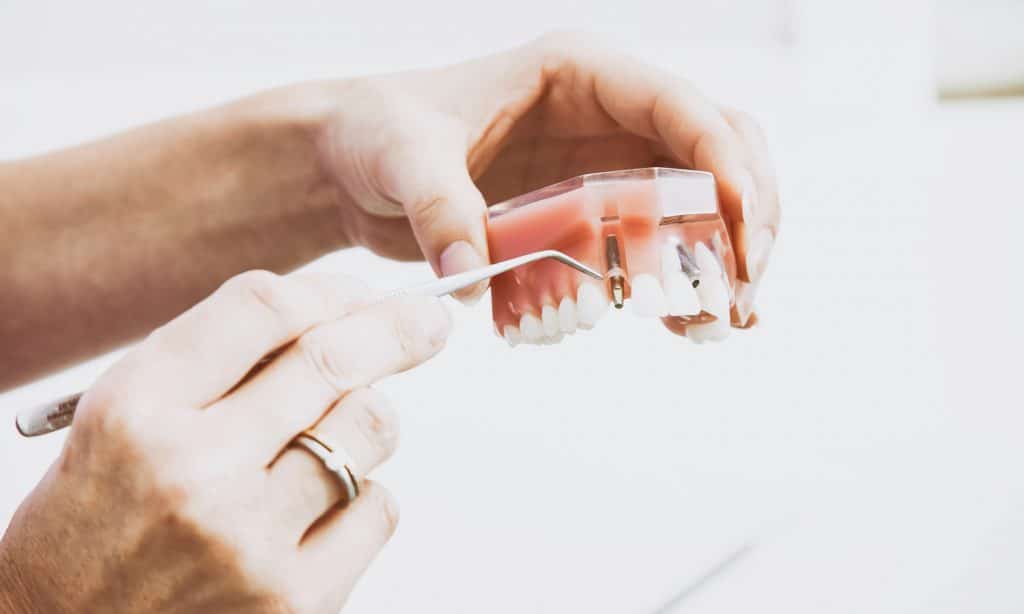Unlike CBD, CBN is not present in significant quantities in fresh marijuana, but when unheated marijuana ages or is exposed to air and light, the THC in it turns to CBN.
According to a report by the Centers for Disease Control and Prevention, 25% of U.S. adults report insufficient sleep or rest at least 15 out of every 30 days. In addition to its profound impacts on cognitive health and behavioral functioning, sleep deprivation can cause accidents, affect relationships, and contribute to lowered immunity and chronic illness.
A report by Express Scripts, a Cigna-owned pharmacy benefit manager, concludes that more than one in five people say their quality of sleep has suffered during the spread of COVID-19. With that spike, the demand for sleep aids and medications has seen a similar surge, and with it the debut of products containing cannabinol (CBN), a minor cannabinoid with, what some claim is, a uniquely sedative effect.
Unlike CBD, CBN is not present in significant quantities in fresh marijuana, but when unheated marijuana ages or is exposed to air and light, the THC in it turns to CBN, which is only psychoactive if ingested in large doses. Promoted as the cannabinoid with the most significant sleep-inducing qualities studied to date, CBN has been compared to Valium in the way it calms the body without having a negative impact on functioning. While CBN has also been shown to have positive benefits for sufferers of glaucoma, psoriasis, bacterial infection, and pain, sleep is where some say CBN (in concentrated form) comes out on top.
An analysis performed by cannabis testing and analytics company Steep Hill Labs showed that 5mg of CBN is as effective as 10mg of diazepam, a prominent pharmaceutical sedative. Steep Hill later amended their analysis to state that their results did not show conclusive sedative qualities, but enthusiasm for CBN is still on the rise




